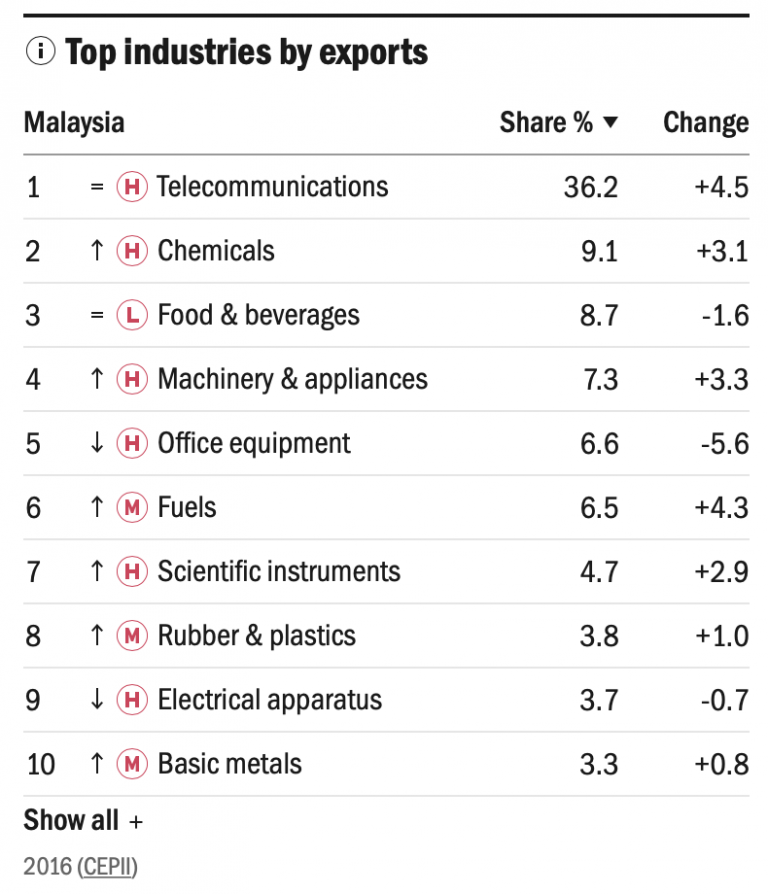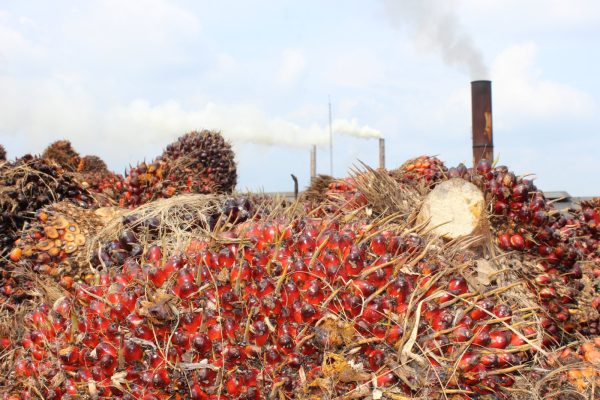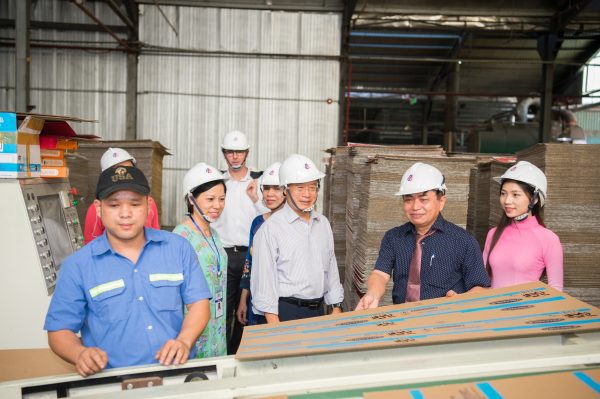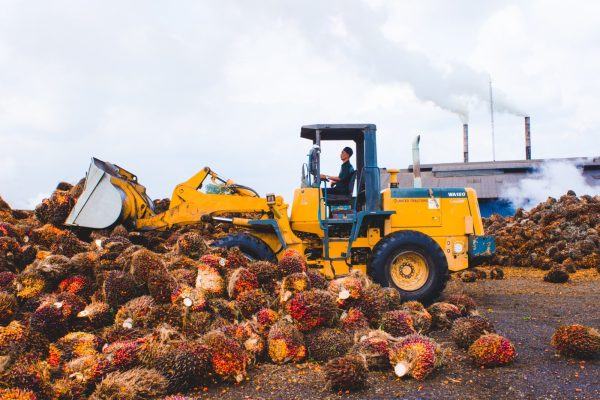Malaysia
Demonstrating the power of solar thermal energy to the world
Much of Malaysia’s large industrial sector is dominated by the production of materials such as palm oil, iron, steel, cement, glass, pulp and paper, rubber and plastics. Many of these industries rely on traditional fossil fuels to create heat in order to process raw commodities. Unfortunately, a large amount of this heat is wasted in the process, leading to energy inefficiencies and the release of unnecessary carbon emissions into the atmosphere.
In many cases it is possible to use solar powered heating to substitute fossil fuel generated heat. Lucky for Malaysia the country boasts an abundance of year-round sunshine. Worldwide, very few industrial companies use solar thermal power, meaning that Malaysia can greatly contribute to the development of this new technology. Combined with the application of efficient thermal energy techniques and solar thermal systems, there is a real opportunity for Malaysia to become a global leader in solar powered industrial energy efficiency. Such a move will drastically help to reduce the use of fossil fuels in Malaysia’s industrial sector and also provide a niche cost advantage.
Why is industrial energy efficiency important for Brazil?
Energy demand in Malaysia has steadily grown over the past two decades as the population becomes more affluent and more people use air conditioners, fans and coolers. Investments in solar powered thermal industrial energy efficiency will flow on to industrial energy consumers who currently rely on traditional fossil fuels to power their homes. The growth of the renewable sector in Malaysia will enable more competitive electricity prices and long-term energy security.
There are many economic arguments for pursuing solar thermal industrial energy efficiency in Malaysia. Firstly, it’s critical that the country mitigates its use of fossil fuels to ward off the vast economic impacts of climate change. Malaysia can also benefit from investing in and exporting new solar thermal powered technologies. Strong investments in the solar energy segment throughout Southeast Asia will see employment soaring sixfold by 2030. A key driver for this increase is the manufacturing of solar components, which requires a broad range of technical, marketing, administrative and engineering skills.
Malaysia holds one of the largest shares of fossil fuel resources in Southeast Asia and is particularly susceptible to climate change. Unpredictable weather patterns threaten to put thousands of Malaysian farmers into unemployment and risk food security. A transition to solar thermal power and industrial energy efficiency in Malaysia will greatly help to mitigate climate change, protect biodiversity and encourage other countries to follow suit.
Accelerating industrial solar thermal systems and energy efficiency in Malaysia
Malaysia is characterized by its potential for renewable energy due to its high level of solar radiation throughout the year. In addition to deploying and improving energy efficiency in industrial heating processes and process optimization, UNIDO is working with key players in government and industry to rapidly grow Malaysia’s renewable energy alternatives.
This project builds on a number of baseline initiatives related to industrial thermal energy efficiency and solar thermal energy utilization. This includes the government’s Malaysian Industrial Energy Efficiency Improvement Project (MIEEIP). This project contributed to creating higher awareness of energy efficiency, establishing an energy benchmarking facility for industry, and supporting quick surveys and energy audits in over 60 companies to identify the potential for thermal and electric energy efficiency.
Key service areas
Training and know-how
Despite the vast benefits that industrial solar thermal energy efficiency can provide to major industries, there is a critical lack of awareness and capacity. The Accelerator is designing and facilitating numerous training schemes for service providers, consultants, industry managers and equipment vendors on energy savings based on process heating and cooling as well as a training programme on solar thermal technology. This work is complemented by a national awareness raising campaign for industry management and financial institutions on investment in energy savings and solar thermal application.
Advocacy and policy support
The Accelerator is working in line with government efforts to create an enabling environment for local manufacturing to invest in thermal industrial energy efficiency and the efficient application of solar thermal systems. This includes the development of a regulatory framework and financial incentive schemes to encourage solar thermal energy utilization and thermal energy efficiency.
Targets
trained in the implementation of energy saving measures in at least 40 factories, with 10 of those factories trailing solar thermal technologies.
energy saved from thermal energy efficiency, which is roughly equivalent to powering 2.4 million Malaysian households for a year.
GHG emission reduction, equivalent to the annual per capita emissions of roughly 343,000 Malaysians.











